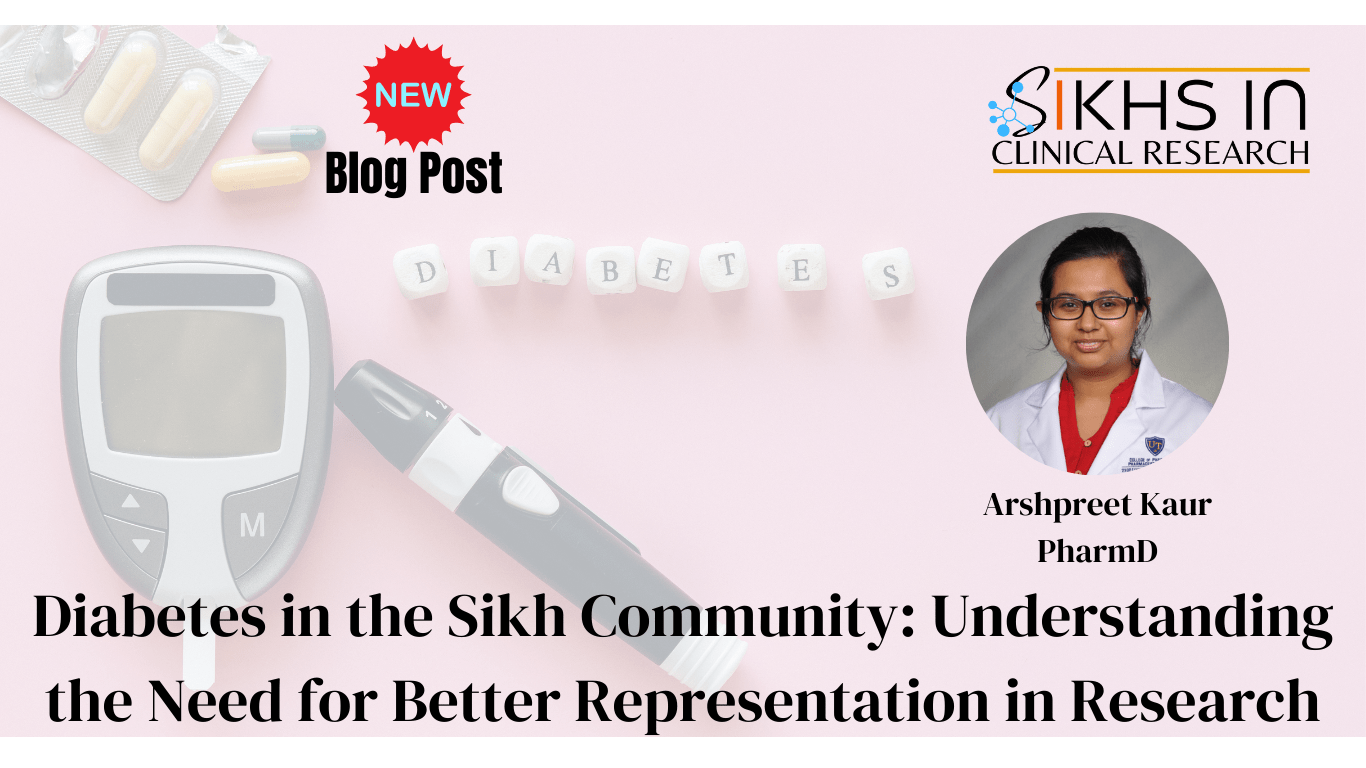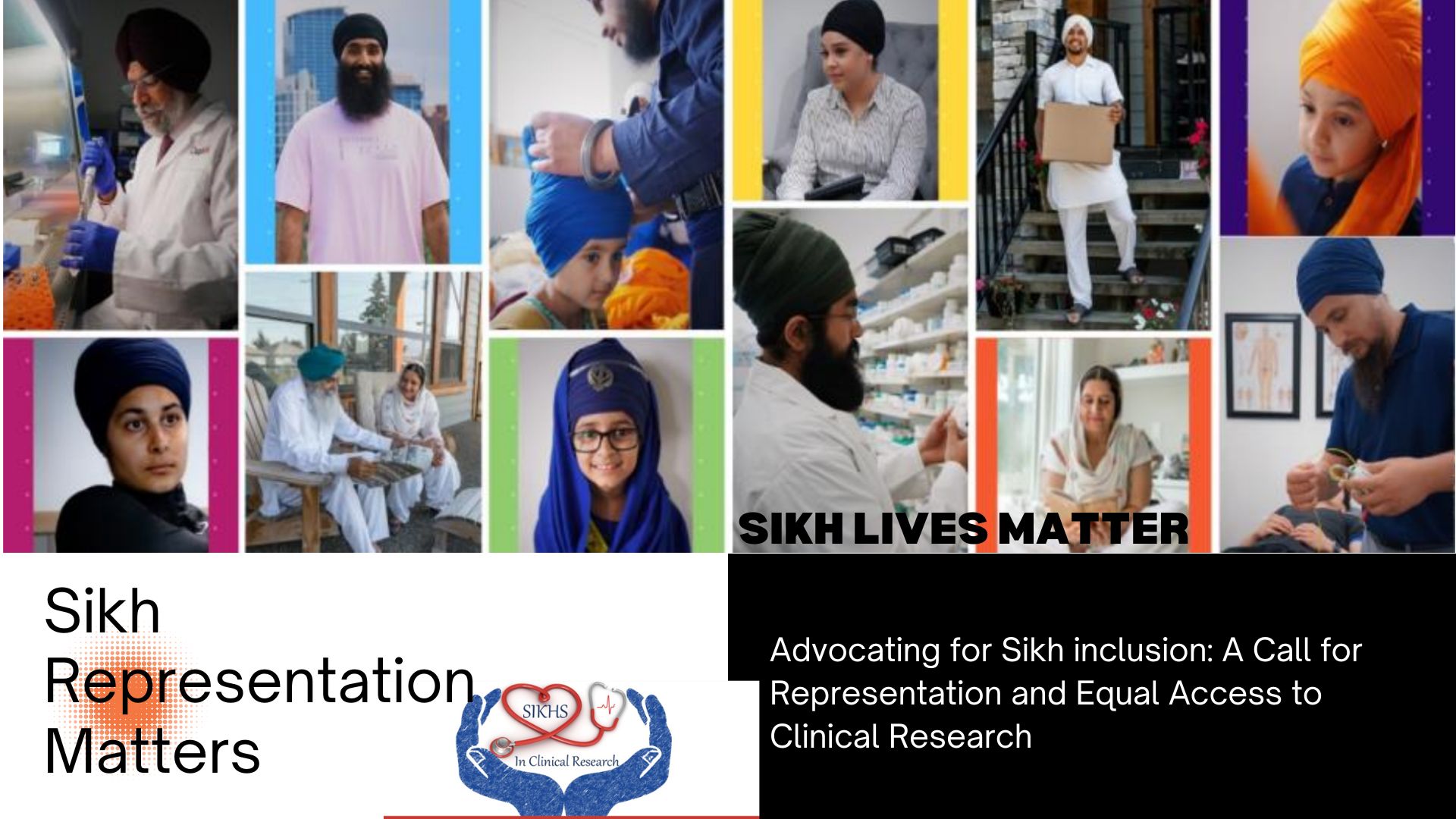Clinical research is essential for advancing medical knowledge and improving patient outcomes. However, the nature and goals of these studies can vary significantly. Two primary types of clinical research are academic investigator-initiated studies and pharmaceutical company-sponsored clinical trials. This blog explores their key differences in initiation, funding, design, execution, publication, and research staff
.
Comparison Table
| Aspect | Academic Investigator-Initiated Studies | Pharmaceutical Company-Sponsored Clinical Trials |
|---|---|---|
| Initiation and Purpose | Initiated by researchers to explore scientific questions and improve medical knowledge. | Initiated by companies to test new products for regulatory approval and market readiness. |
| Funding Sources | Funded by grants from government agencies (e.g., NIH), non-profits, or academic institutions. | Funded directly by the sponsoring pharmaceutical or biotechnology companies. |
| Study Design and Control | Researchers have significant control over the study design, methodology, and data interpretation. | The sponsor/CRO designs the study protocol, determines endpoints, and has substantial oversight to meet regulatory and business objectives. |
| Settings | Conducted in academic hospitals, university medical centers, or affiliated research facilities. | Conducted in medical practices, hospitals, or specialized research centers. |
| Research Staff | Includes professors, biomedical engineers, biostatisticians, doctors, researchers, data scientists, and medical writers who develop the study protocol and apply for grants. | Includes a principal investigator (PI), typically a board-certified doctor, clinical research coordinators (CRCs) managing studies at sites, and support from contract research organizations (CROs). |
| Publication of Results | Results are published by the research team in peer-reviewed journals, contributing to the broader scientific community. | Results are published by the sponsor company in peer-reviewed journals and presented at scientific conferences, with a focus on supporting regulatory submissions and FDA approval. |
| Regulatory Oversight | Subject to institutional review boards (IRBs) and ethical committees at the academic institution. | Subject to rigorous regulatory oversight by agencies such as the FDA or EMA, along with IRBs. |
Detailed Explanation
Initiation and Purpose
- Academic Investigator-Initiated Studies: Initiated by researchers at universities or academic institutions to explore innovative ideas, generate new knowledge, and improve existing medical practices.
- Pharmaceutical Company-Sponsored Clinical Trials: Initiated and funded by pharmaceutical or biotechnology companies to test the safety, efficacy, and market potential of new drugs or medical devices, aiming for regulatory approval.
Funding Sources
- Academic Investigator-Initiated Studies: Funded through academic grants, government agencies such as the NIH, non-profit organizations, or internal university funds.
- Pharmaceutical Company-Sponsored Clinical Trials: Funded directly by the sponsoring company, allowing for large-scale trials with extensive resources.
Study Design and Control
- Academic Investigator-Initiated Studies: Researchers have significant autonomy over the study design, methodology, and data interpretation.
- Pharmaceutical Company-Sponsored Clinical Trials: The sponsor/CRO designs the study protocol and determines endpoints, with significant oversight to meet regulatory requirements and business objectives. The sponsor often collaborates with contract research organizations (CROs) for trial management.
Settings
- Academic Investigator-Initiated Studies: Conducted in academic hospitals, university medical centers, or affiliated research facilities.
- Pharmaceutical Company-Sponsored Clinical Trials: Conducted in medical practices, hospitals, or specialized centers.
Research Staff
- Academic Investigator-Initiated Studies: Composed of professors, biomedical engineers, biostatisticians, doctors, researchers, data scientists, and medical writers who develop the study protocol and apply for grants.
- Pharmaceutical Company-Sponsored Clinical Trials: Includes a principal investigator (PI), typically a board-certified doctor, clinical research coordinators (CRCs) managing the study at sites, and support from contract research organizations (CROs).
Publication of Results
- Academic Investigator-Initiated Studies: Findings are published by the research team in peer-reviewed journals, contributing to the broader scientific community.
- Pharmaceutical Company-Sponsored Clinical Trials: Results are published by the sponsor company in peer-reviewed journals and presented at scientific conferences, supporting regulatory submissions and product marketing.
Regulatory Oversight
- Academic Investigator-Initiated Studies: Reviewed by institutional review boards (IRBs) and ethical committees at the academic institution, ensuring compliance with ethical standards and protection of participants.
- Pharmaceutical Company-Sponsored Clinical Trials: Undergo rigorous regulatory oversight by agencies such as the FDA or EMA, in addition to IRB reviews, to ensure compliance with strict safety and efficacy standards.
Conclusion
Both academic investigator-initiated studies and pharmaceutical company-sponsored clinical trials are essential for the advancement of medical science. Academic studies bring innovation and exploratory research to the forefront, driven by scientific curiosity and diverse funding sources. Pharmaceutical trials provide the rigorous, standardized testing required to bring new treatments to market, supported by substantial financial backing and regulatory oversight. By understanding their distinct characteristics and contributions, we can appreciate the complementary roles these studies play in enhancing patient care and medical knowledge.




